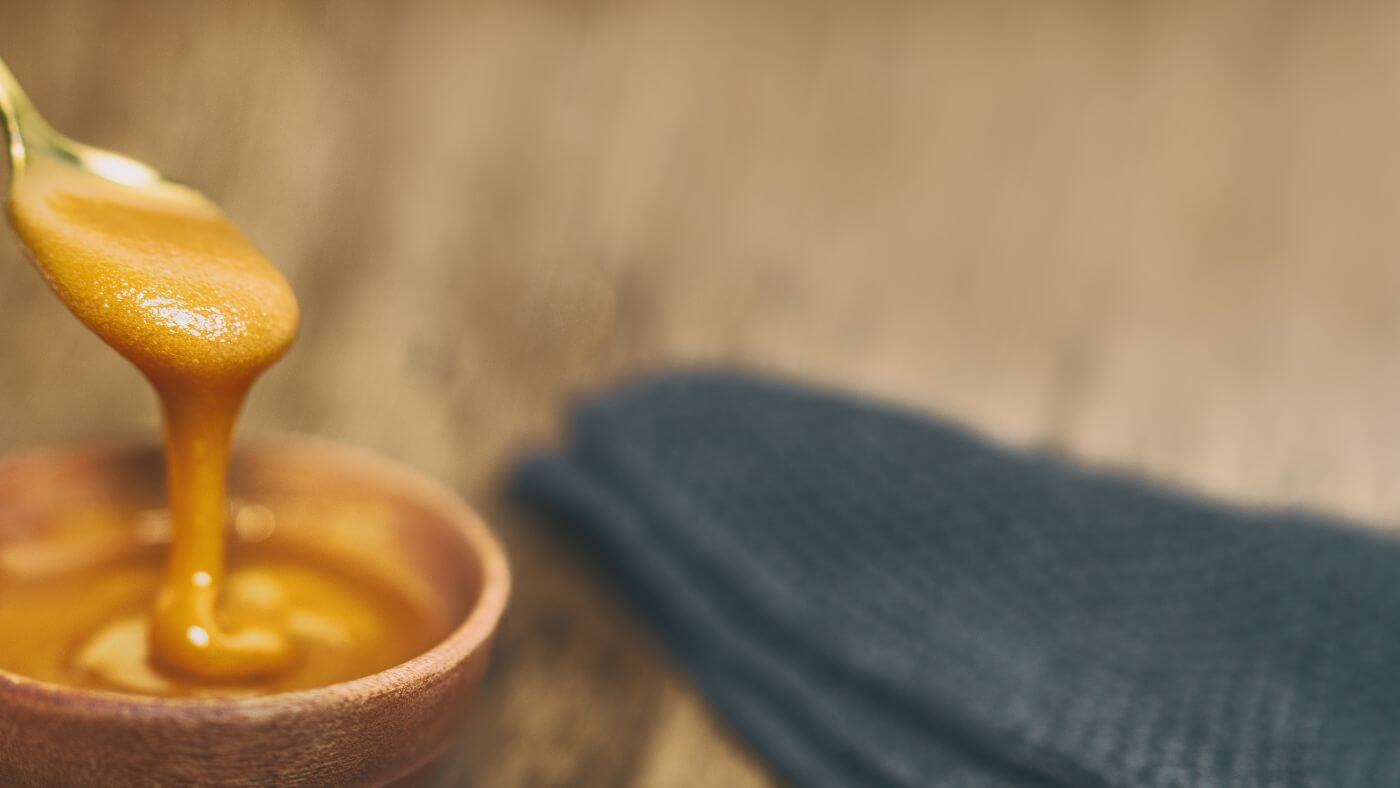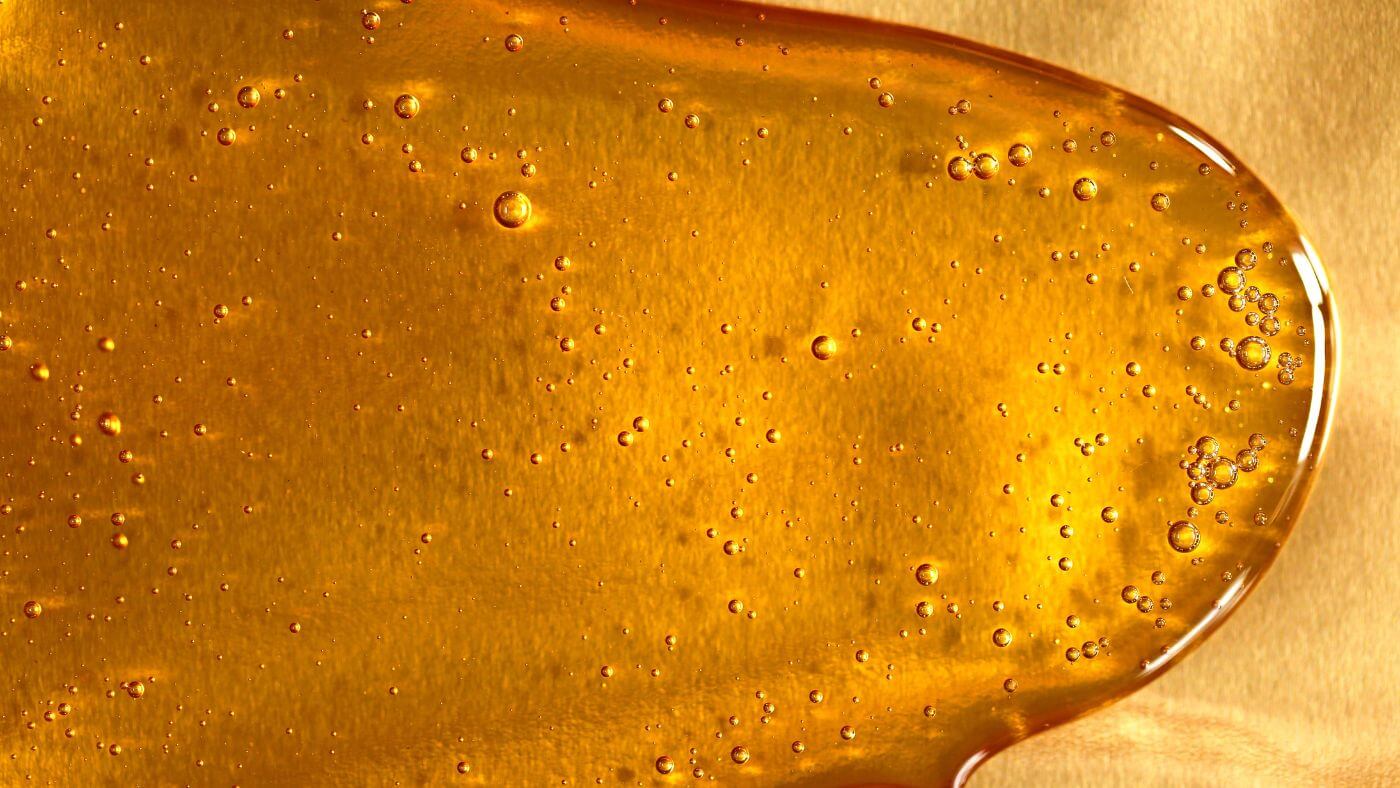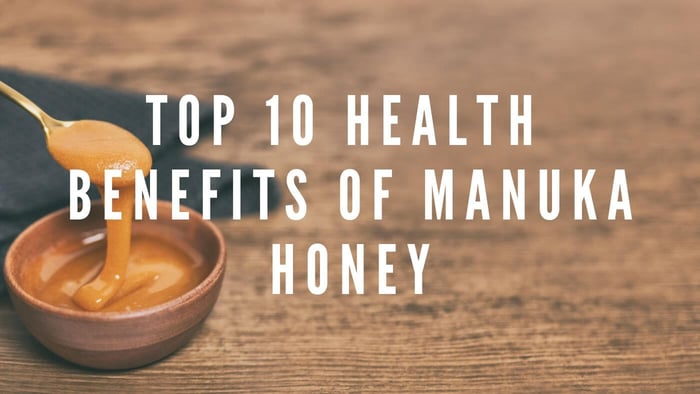Honey has been used for centuries for its medicinal properties, and manuka honey is one of the most popular types of honey in recent years due to its numerous health benefits. Manuka honey is produced by bees that collect nectar from the flowers of the manuka tree, which is native to New Zealand. The unique properties of this honey make it a potent natural remedy for many health conditions. In this article, we will explore the top 10 health benefits of manuka honey.
Table of Contents
- Introduction
- What is Manuka Honey?
- How Manuka Honey is Produced?
- Top 10 Health Benefits of Manuka Honey
- Wound Healing
- Digestive Health
- Sore Throat
- Immune System Boost
- Dental Health
- Acne and Eczema
- Allergy Relief
- Sinus Infections
- Energy Booster
- Sleep Aid
- How to Use Manuka Honey for Health Benefits
- Conclusion
- FAQs
What is Manuka Honey?
Manuka honey is a type of honey produced by bees that feed on the nectar of the manuka tree (Leptospermum scoparium), which is native to New Zealand. This honey has a unique combination of antibacterial and antioxidant properties that make it an effective natural remedy for many health conditions.
How Manuka Honey is Produced?
Manuka honey is produced by bees that collect nectar from the flowers of the manuka tree. The nectar is then stored in the bees' stomachs, where it mixes with enzymes to create honey. The bees then deposit the honey into the honeycomb, where it is left to ripen and mature. The honey is then harvested by beekeepers and packaged for consumption.

Top 10 Health Benefits of Manuka Honey
Wound Healing
Manuka honey has potent antibacterial properties that make it an effective natural remedy for wound healing. Studies have shown that manuka honey can help to reduce inflammation and promote the growth of new tissue, which can help to speed up the healing process.
Digestive Health
Manuka honey has been found to be effective in treating a variety of digestive issues, including acid reflux, bloating, and constipation. This is due to its antibacterial properties, which can help to kill off harmful bacteria in the gut.
Sore Throat
Manuka honey has been found to be effective in treating sore throats, thanks to its antibacterial and anti-inflammatory properties. It can help to reduce inflammation in the throat and soothe irritation, making it a popular natural remedy for colds and flu.
Immune System Boost
Manuka honey has been found to have immune-boosting properties, thanks to its high levels of antioxidants. These antioxidants can help to protect the body from damage caused by free radicals, which can contribute to chronic diseases.
Dental Health
Manuka honey has been found to be effective in promoting dental health, thanks to its antibacterial properties. It can help to kill off harmful bacteria in the mouth that can contribute to tooth decay and gum disease.
Acne and Eczema
Manuka honey has been found to be effective in treating a variety of skin conditions, including acne and eczema. Its antibacterial and anti-inflammatory properties can help to reduce inflammation and kill off harmful bacteria on the skin.
Allergy Relief
Manuka honey has been found to be effective in relieving allergy symptoms, thanks to its immune-boosting properties. It can help to reduce inflammation in the body and alleviate symptoms such as runny nose, sneezing, and itchy eyes.
Sinus Infections
Manuka honey has been found to be effective in treating sinus infections, thanks to its antibacterial and anti-inflammatory properties. It can help to reduce inflammation in the sinuses and kill off harmful bacteria, which can lead to sinusitis.
Energy Booster
Manuka honey is a great natural energy booster, thanks to its high levels of glucose and fructose. These sugars are quickly absorbed by the body, providing a quick burst of energy.
Sleep Aid
Manuka honey has been found to be effective in promoting sleep, thanks to its high levels of tryptophan. Tryptophan is an amino acid that is converted into serotonin in the brain, which can help to promote relaxation and improve sleep quality.
How to Use Manuka Honey for Health Benefits
Manuka honey can be consumed orally or applied topically to the skin. To reap the health benefits of manuka honey, it is recommended to consume one to two tablespoons of honey per day or apply it topically to the affected area.
When consuming manuka honey orally, it is important to choose a high-quality, genuine product. Manuka honey is graded according to its Unique Manuka Factor (UMF), which is a measure of its antibacterial potency. Look for honey with a UMF of 10 or higher for maximum health benefits.
When applying manuka honey topically, it is important to choose a high-quality, pure product. Apply the honey directly to the affected area and leave it on for at least 20 minutes before rinsing off with warm water.

Conclusion
Manuka honey is a potent natural remedy with numerous health benefits. Its antibacterial and antioxidant properties make it effective in treating a variety of health conditions, including wound healing, digestive issues, sore throats, and more. To reap the health benefits of manuka honey, it is important to choose a high-quality, genuine product and use it according to the recommended dosage.
FAQs
- Is manuka honey safe for consumption?
Yes, manuka honey is safe for consumption for most people. However, it should not be given to infants under the age of one due to the risk of botulism. - Can manuka honey help with weight loss?
There is no direct evidence that manuka honey can help with weight loss. However, its high levels of glucose and fructose can provide a quick burst of energy, which may help to boost physical activity levels and aid in weight loss. - What is the difference between regular honey and manuka honey?
Regular honey is produced by bees that collect nectar from a variety of flowers, whereas manuka honey is produced by bees that collect nectar from the manuka tree. Manuka honey has a unique combination of antibacterial and antioxidant properties that make it more potent than regular honey. - Can manuka honey be used topically for acne?
Yes, manuka honey can be effective in treating acne when applied topically to the affected area. Its antibacterial and anti-inflammatory properties can help to reduce inflammation and kill off harmful bacteria on the skin. - Is manuka honey effective in treating cancer?
While manuka honey has been found to have some anticancer properties, more research is needed to determine its effectiveness in treating cancer. It should not be used as a substitute for conventional cancer treatments. - Can manuka honey be used to treat diabetes?
While manuka honey is a natural sweetener, it is not recommended for people with diabetes due to its high levels of glucose and fructose. People with diabetes should consult with their healthcare provider before consuming manuka honey. - Can manuka honey help with allergies?
Yes, manuka honey has been found to be effective in relieving allergy symptoms, thanks to its immune-boosting properties. It can help to reduce inflammation in the body and alleviate symptoms such as runny nose, sneezing, and itchy eyes. - How long does manuka honey last?
Manuka honey has a long shelf life and can last for several years if stored properly. It should be stored in a cool, dry place away from direct sunlight. - Can manuka honey be used to treat burns?
Yes, manuka honey has been found to be effective in treating burns when applied topically to the affected area. Its antibacterial and anti-inflammatory properties can help to reduce inflammation and promote wound healing. - Is manuka honey more expensive than regular honey?
Yes, manuka honey is more expensive than regular honey due to its unique properties and the fact that it is produced in limited quantities. The price can vary depending on the quality and potency of the honey.
Sea Moss Gel Infused with Manuka Honey

£18.99
Crafted by Millie’s Moss, this sea moss gel is made from Caribbean sea moss, soaked with fresh lime and blended with spring water and premium Manuka honey. The result is a smooth, mildly sweet gel with a refreshing hint of… read more
 is here! Shop now, pay later in 4 easy installments
is here! Shop now, pay later in 4 easy installments



